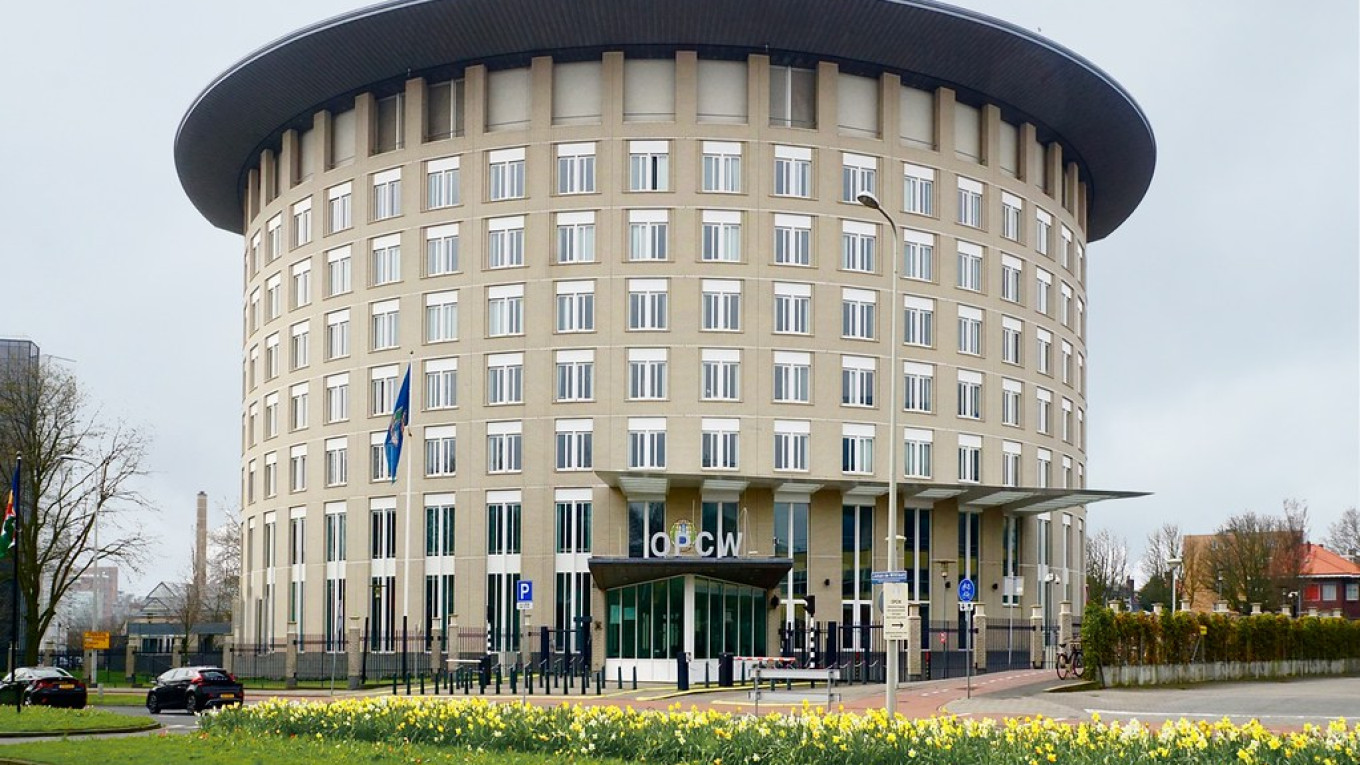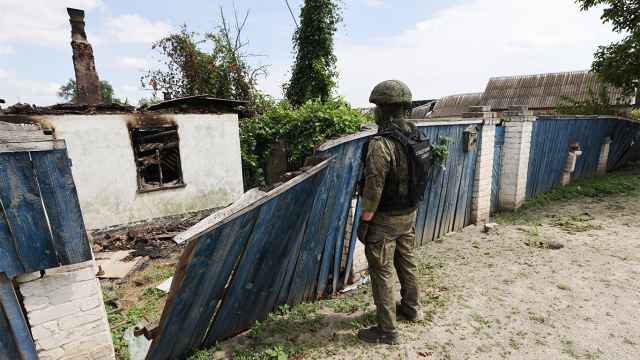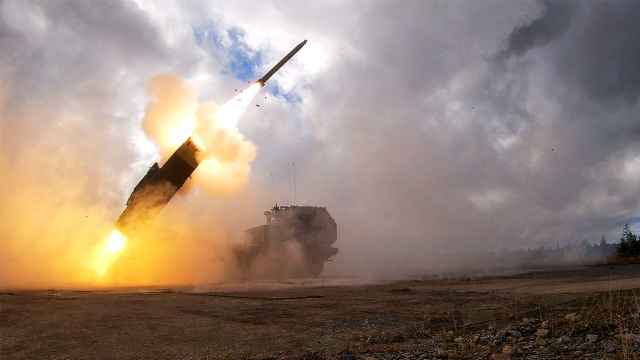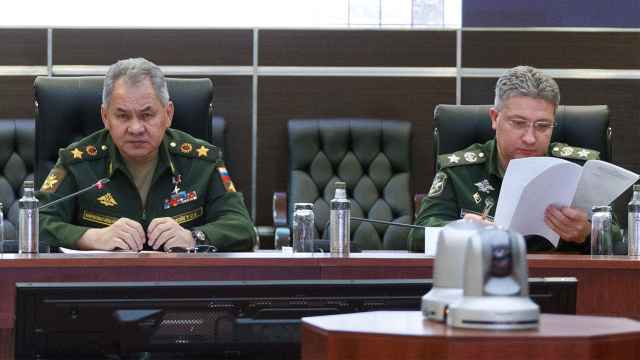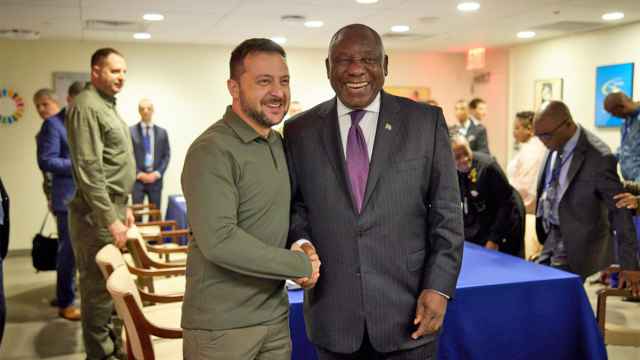Russia lost out Wednesday in its bid for re-election to the decision-making body of the OPCW chemical watchdog, as Ukrainian President Volodymyr Zelensky cheered Moscow's "isolation" on the world stage.
Four eastern European countries were competing for three seats on the OPCW Executive Council, warring neighbors Russia and Ukraine, plus Poland and Lithuania.
Russia received the fewest votes, meaning it has no seat on the board for the first time in the organization's history.
"OPCW is a very reputable international body and terrorists have no place in it," said Zelensky on X, formerly Twitter.
He said Russia's exclusion from the global body's council was a "logical result" of its aggression against his country.
"Its role in international affairs keeps diminishing and its isolation keeps growing," concluded Ukraine's president.
The Organization for the Prohibition of Chemical Weapons won the Nobel Peace Prize in 2013 for its efforts to rid the world of the scourge of chemical weapons.
It played a key role during the Syrian civil war when Damascus agreed to dismantle its chemical weapons arsenal and ship it for destruction under the aegis of the OPCW.
This deal stopped Barack Obama from launching military action after a chemical attack in the Ghouta suburb of Damascus that crossed the "red line" set by the then-U.S. president.
In July, the OPCW was able to announce the milestone that all the world's declared stockpiles of chemical weapons were "verified as irreversibly destroyed."
The United States had been the last of the signatories of the Chemical Weapons Convention, which came into effect in 1997, to destroy its stock.
A Message from The Moscow Times:
Dear readers,
We are facing unprecedented challenges. Russia's Prosecutor General's Office has designated The Moscow Times as an "undesirable" organization, criminalizing our work and putting our staff at risk of prosecution. This follows our earlier unjust labeling as a "foreign agent."
These actions are direct attempts to silence independent journalism in Russia. The authorities claim our work "discredits the decisions of the Russian leadership." We see things differently: we strive to provide accurate, unbiased reporting on Russia.
We, the journalists of The Moscow Times, refuse to be silenced. But to continue our work, we need your help.
Your support, no matter how small, makes a world of difference. If you can, please support us monthly starting from just $2. It's quick to set up, and every contribution makes a significant impact.
By supporting The Moscow Times, you're defending open, independent journalism in the face of repression. Thank you for standing with us.
Remind me later.


